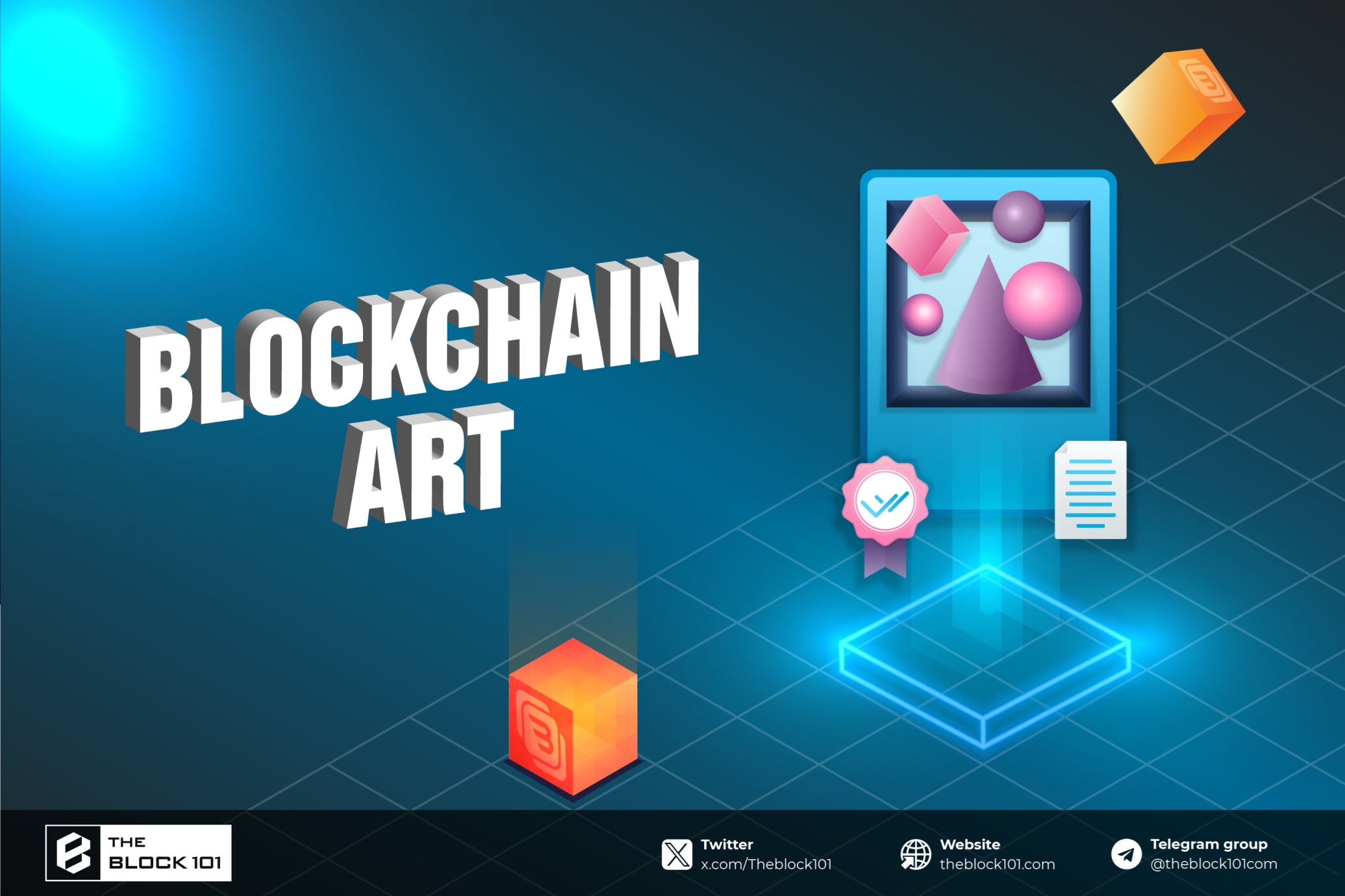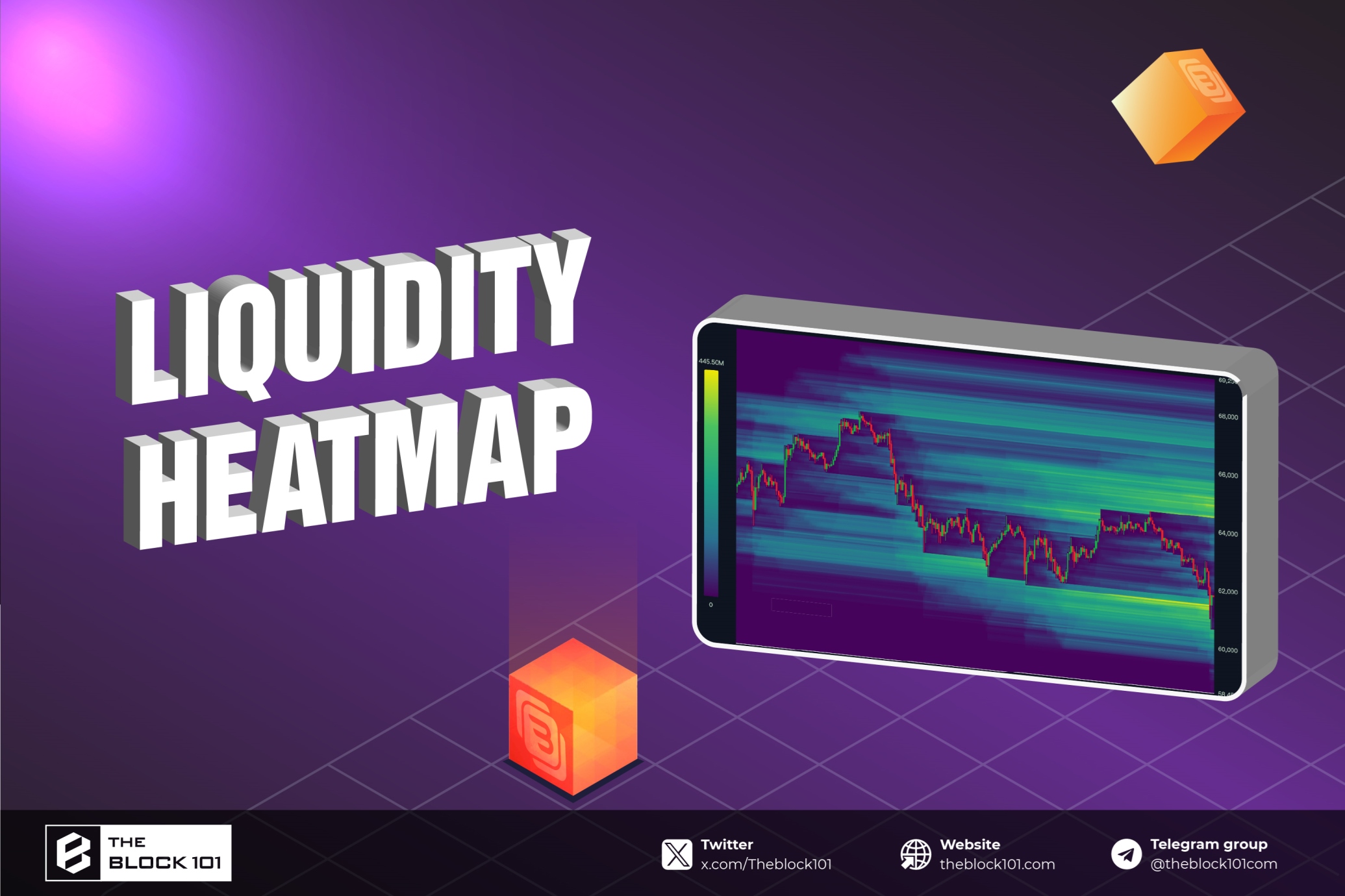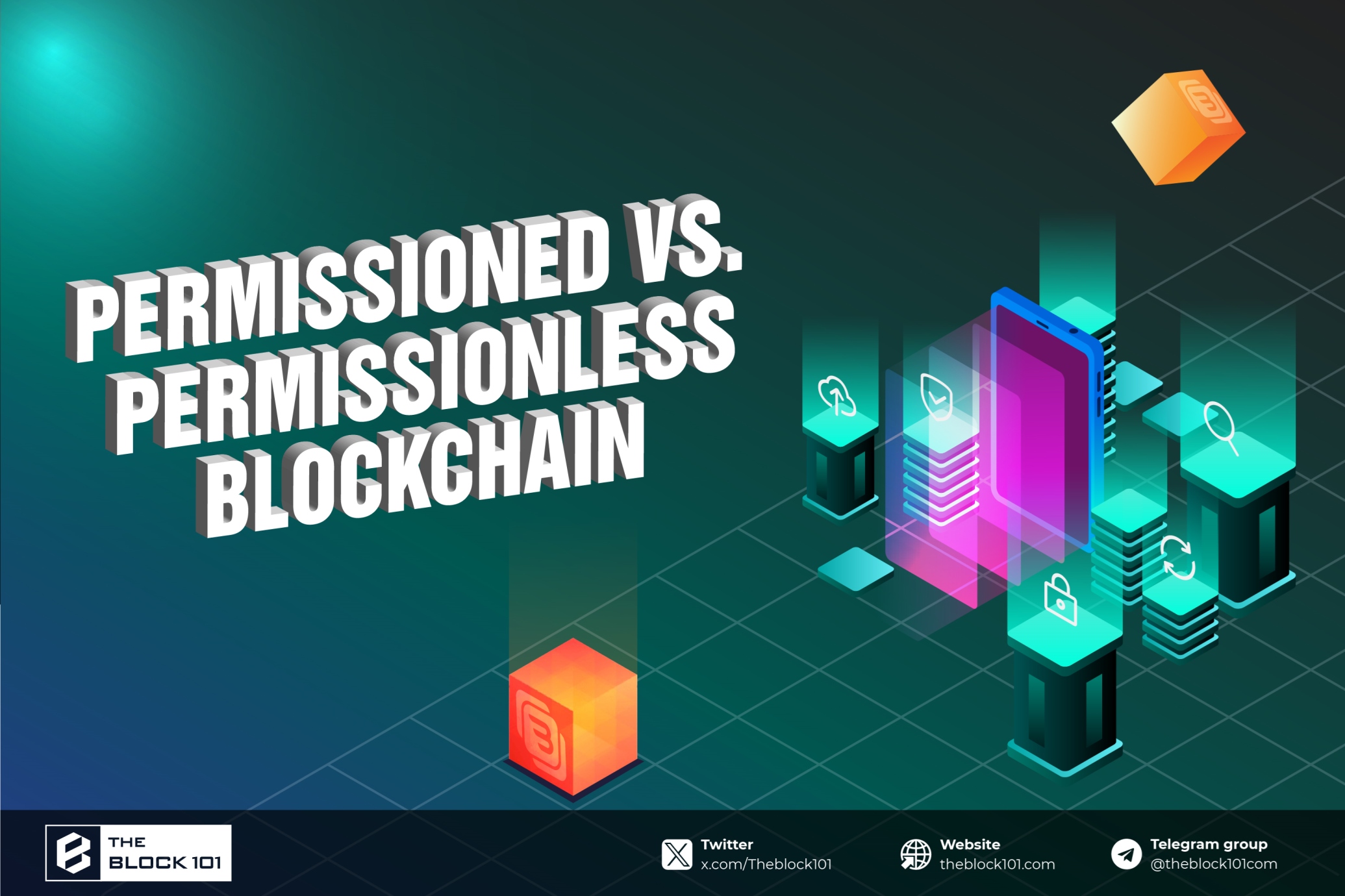1. What is wallet with tracker?
A wallet with tracker typically refers to a digital wallet or mobile application that includes features allowing users to track their cryptocurrency holdings and transactions. These trackers often provide real-time updates on the value of various cryptocurrencies held within the wallet, as well as historical performance data and portfolio management tools.
Additionally, some wallet trackers may offer insights into market trends, price alerts, and news updates to help users make informed decisions about their cryptocurrency investments.
Overall, a wallet with a tracker can be a valuable tool for individuals looking to monitor and manage their cryptocurrency assets efficiently.
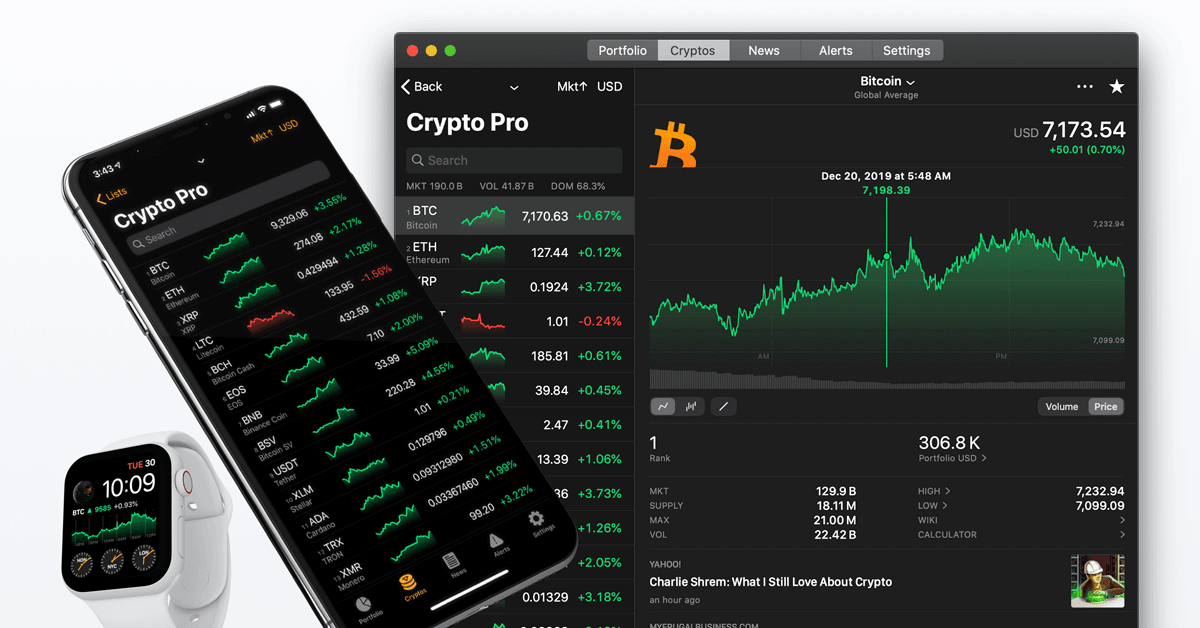
2. Understanding Cryptocurrency Wallets
Cryptocurrency wallets serve as digital repositories for storing, sending, and receiving cryptocurrencies. They function similarly to traditional wallets, but instead of holding physical cash or cards, they securely store private keys, which are essential for accessing and managing cryptocurrency assets on blockchain networks.
These wallets come in various forms, including software wallets (such as mobile, desktop, and web-based wallets) and hardware wallets (physical devices that store private keys offline).
Each type offers different levels of security, convenience, and accessibility, catering to the diverse needs and preferences of cryptocurrency users.

3. Benefits of using a wallet with tracker
Utilizing a wallet with tracker functionality offers numerous advantages for cryptocurrency users, enhancing their overall experience and providing valuable insights into their digital asset holdings. Here are some key benefits:
- Real-time portfolio monitoring
A wallet with tracker allows users to monitor the value of their cryptocurrency portfolio in real-time. This feature provides up-to-date information on asset prices and portfolio performance, enabling users to make timely decisions and capitalize on market opportunities.
- Transaction visibility
With a wallet tracker, users can easily track their transaction history and monitor the status of their transfers. This visibility enhances transparency and security, as users can verify the details of their transactions and ensure they are executed correctly.
- Price alerts and notifications
Wallets with tracker functionality often include price alert features, notifying users when the price of a specific cryptocurrency reaches a predetermined threshold. These alerts empower users to stay informed about market movements and take action accordingly.
- Market analysis tools
Many wallet trackers offer built-in market analysis tools, such as charts, graphs, and historical data. These tools allow users to conduct in-depth analysis of market trends and patterns, helping them make informed investment decisions and optimize their portfolio strategies.
- Portfolio diversification
By providing insights into portfolio composition and performance, wallet trackers encourage users to diversify their holdings across different cryptocurrencies. Diversification is essential for mitigating risk and maximizing long-term returns in the volatile cryptocurrency market.
- Convenience and accessibility
Wallets with tracker functionality typically offer user-friendly interfaces and intuitive navigation, making them accessible to both novice and experienced cryptocurrency users. Additionally, many wallet trackers are available across multiple devices, including mobile phones, tablets, and desktop computers, ensuring users can manage their portfolios conveniently from anywhere.
4. Types of Wallets with Tracker
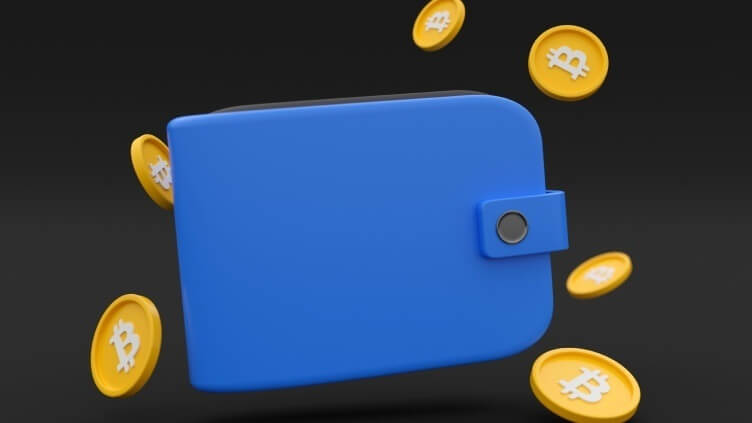
Cryptocurrency wallets with tracker functionality come in various types, each offering unique features and advantages. Here are the main types:
4.1. Mobile Wallets
Mobile wallets with tracker functionality are applications designed to run on mobile devices such as smartphones and tablets.
These wallets offer the convenience of accessing and managing cryptocurrency holdings on the go, allowing users to track their portfolios and receive real-time updates wherever they are.
4.2. Desktop Wallets
Desktop wallets with tracker capabilities are software applications installed and run on desktop or laptop computers.
These wallets provide users with full control over their digital assets and offer features such as real-time portfolio tracking, transaction history management, and market analysis tools.
4.3. Web-Based Wallets
Web-based wallets with tracker functionality are online platforms accessible through web browsers.
These wallets offer the convenience of accessing cryptocurrency holdings from any internet-connected device, without the need for software installation.
Web-based wallets typically provide features such as real-time portfolio tracking, transaction history management, and price alerts.
4.4. Hardware Wallets
Hardware wallets with tracker capabilities are physical devices designed to securely store private keys offline.
These wallets offer enhanced security compared to software wallets, as private keys are stored on the device and never exposed to the internet.
Hardware wallets often include features such as real-time portfolio tracking through companion software applications.
5. How to choose the right wallet with tracker
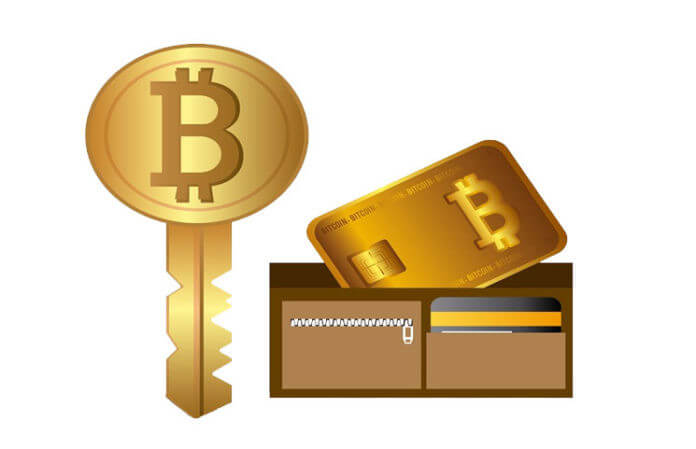
Selecting the right cryptocurrency wallet with tracker functionality is crucial for effectively managing your digital assets. Here are key factors to consider:
5.1. Security features
Prioritize wallets with robust security measures to safeguard your cryptocurrency holdings. Look for features such as multi-factor authentication, biometric authentication, encryption, and backup and recovery options.
Additionally, consider the reputation of the wallet provider and their track record in maintaining security.
5.2. User interface and experience
Choose a wallet with a user-friendly interface and intuitive navigation to streamline your experience. The interface should be visually appealing and easy to navigate, allowing you to access tracker features effortlessly.
Test the wallet's demo or trial version, if available, to assess its usability.
5.3. Supported cryptocurrencies
Ensure the wallet supports the cryptocurrencies you intend to hold or trade. Some wallets with tracker functionality may only support a limited range of cryptocurrencies, while others offer broader compatibility.
Check the wallet's website or documentation to verify the list of supported cryptocurrencies.
5.4. Compatibility with devices
Consider the compatibility of the wallet with your devices, including mobile phones, desktop computers, and tablets.
Choose a wallet that offers cross-platform compatibility, allowing you to access tracker features from multiple devices seamlessly.
Verify whether the wallet is available for your operating system (e.g., iOS, Android, Windows, macOS, Linux).
6. How to use a wallet with tracker
Here are some examples of cryptocurrency wallets with tracker functionality:
- CoinStats: CoinStats is a popular cryptocurrency portfolio tracker that offers a mobile app for iOS and Android devices. It allows users to track their cryptocurrency holdings across multiple wallets and exchanges, providing real-time portfolio updates, price alerts, and market analysis tools.
- Blockfolio: Blockfolio is another widely used cryptocurrency portfolio tracker available as a mobile app for iOS and Android. It offers features such as portfolio tracking, price alerts, news updates, and a community chat platform for discussing cryptocurrency-related topics.
- Delta: Delta is a cryptocurrency portfolio tracker available as a mobile app for iOS, Android, and desktop platforms. It offers real-time portfolio tracking, transaction history management, price alerts, and support for over 3,000 cryptocurrencies.
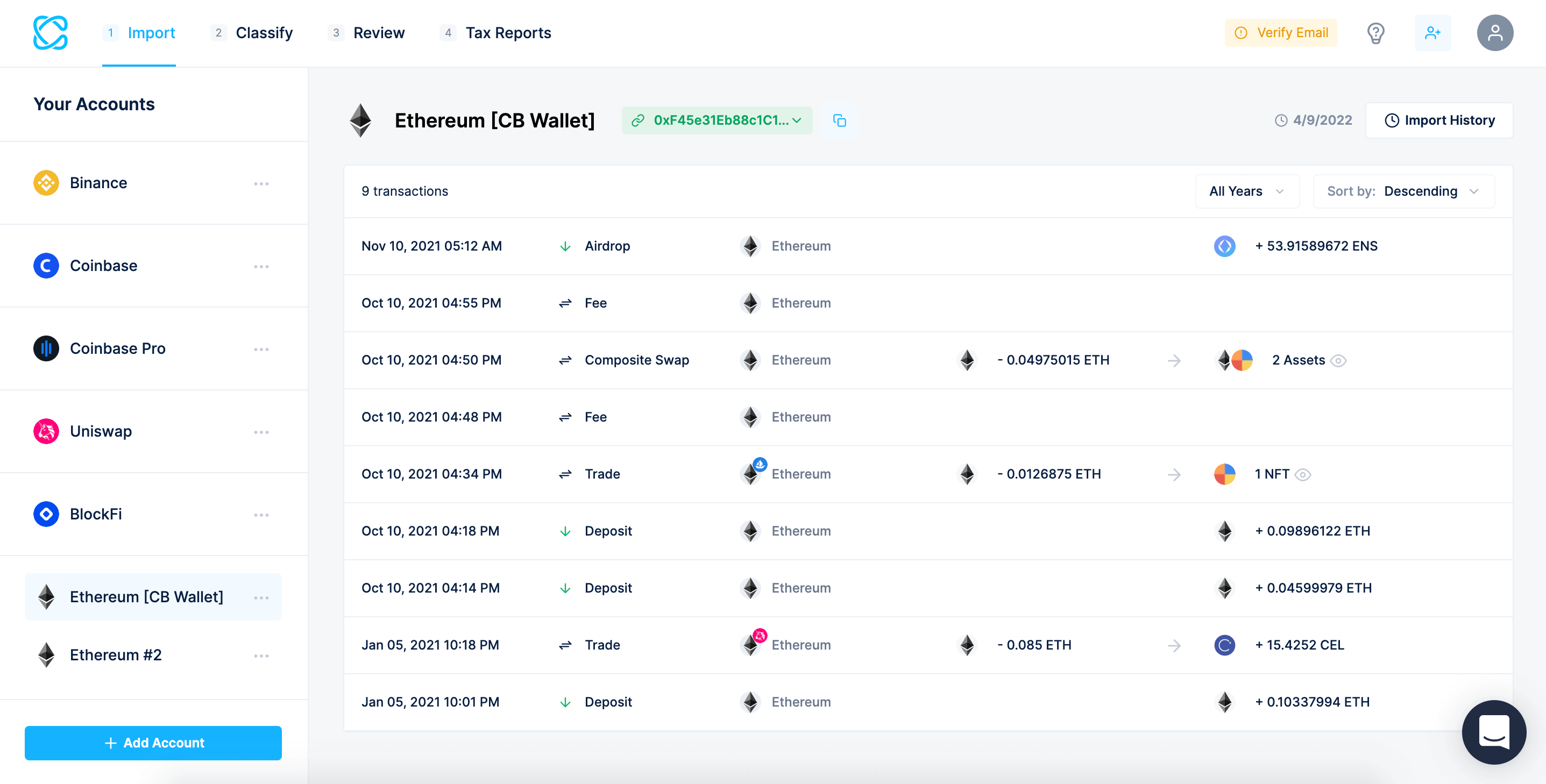
Utilizing a cryptocurrency wallet with tracker functionality empowers you to manage your digital assets effectively. Here's a guide on setting up and using such a wallet:
Step 1: Creating an account
Begin by downloading the wallet application or accessing the web-based platform. Follow the registration process to create an account. Provide the necessary information, such as your email address and password, and complete any verification steps required. Once your account is created, log in to access the wallet dashboard.
Step 2: Adding cryptocurrency holdings
To track your cryptocurrency holdings, navigate to the portfolio or assets section of the wallet dashboard. Choose the option to add a new asset or cryptocurrency. Enter the relevant details, such as the name of the cryptocurrency and the amount you hold. Some wallets may offer the option to import holdings automatically by connecting to exchange accounts or other wallets.
Step 3: Managing transactions
Monitor and manage your cryptocurrency transactions within the wallet dashboard. View your transaction history to track incoming and outgoing transfers. Review transaction details such as timestamps, amounts, and recipient addresses. Some wallets may offer additional features, such as the ability to categorize transactions or add notes for reference.
Step 4: Customizing alerts and preferences
Take advantage of the wallet's alert and notification features to stay informed about important events. Set up price alerts to receive notifications when the price of a specific cryptocurrency reaches a certain threshold. Customize other preferences, such as currency display options or language settings, to personalize your experience.
7. Tips for maximizing the benefits of a wallet with tracker
Here are some tips for maximizing the benefits of a wallet with tracker functionality:
- Regularly Update Your Portfolio: Keep your cryptocurrency holdings up-to-date within the wallet tracker to ensure accurate portfolio tracking and performance analysis.
- Set Price Alerts: Take advantage of price alert features to receive notifications when the price of a specific cryptocurrency reaches a certain threshold. This allows you to stay informed about market movements and make timely decisions.
- Monitor Market Trends: Use the market analysis tools provided by the wallet tracker to monitor cryptocurrency market trends and identify potential investment opportunities.
- Diversify Your Portfolio: Consider diversifying your cryptocurrency holdings across different assets to minimize risk and maximize potential returns. Use the portfolio tracking features to monitor the performance of each asset.
- Stay Informed: Keep yourself informed about the latest developments in the cryptocurrency space by following news updates and staying active in cryptocurrency communities. This will help you make informed decisions about your investments.
- Review Transaction History: Regularly review your transaction history within the wallet tracker to track your spending and monitor the status of your transfers. This will help ensure transparency and accuracy in your transactions.
- Secure Your Wallet: Implement strong security measures, such as two-factor authentication and secure password practices, to protect your wallet and digital assets from unauthorized access.
- Backup Your Data: Regularly backup your wallet data to ensure that you can recover your funds in case of loss or theft. Follow the backup instructions provided by the wallet tracker to securely store your backup files.
8. Conclusion
In conclusion, wallet trackers are indispensable tools for cryptocurrency users, offering real-time portfolio monitoring, transaction oversight, price alerts, market analysis, and performance tracking.
With these features, users can make informed decisions, optimize their investments, and navigate the dynamic cryptocurrency market confidently. Wallet trackers provide essential insights and functionalities that empower users to manage their digital assets effectively and stay ahead in the evolving world of cryptocurrencies.

 English
English Tiếng Việt
Tiếng Việt



